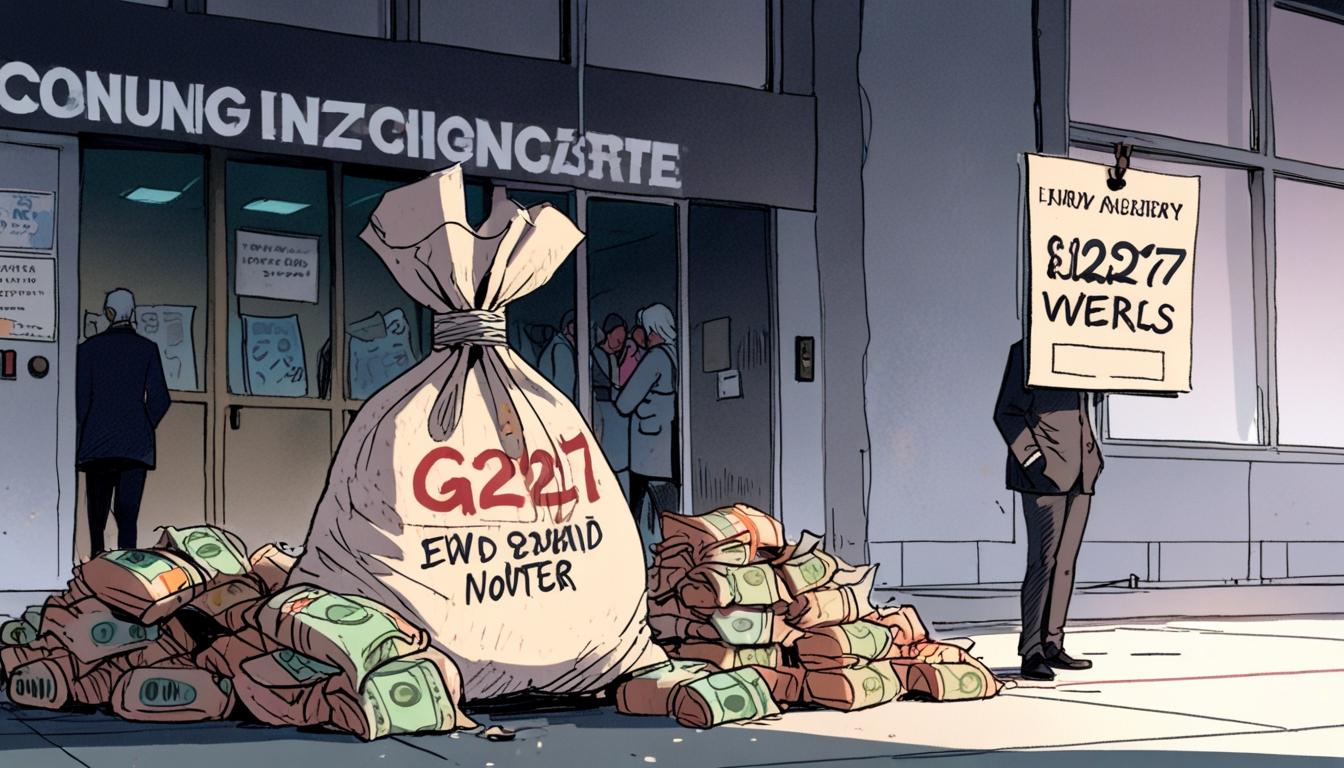The UK Covid-19 Inquiry is spiraling towards an eye-watering £227 million in projected costs, drawing sharp criticism as it risks becoming the most expensive investigation of its kind in British history. While the inquiry scrutinizes the government's pandemic response, taxpayers are rightfully alarmed at this escalating expenditure, with pressing calls for a spending cap to safeguard their finances.
Launched on 28 June 2022, the inquiry covers myriad aspects of the pandemic response, from testing to isolation protocols. As it enters its seventh round of hearings, the costs have surged alarmingly. Analysts from the TaxPayers’ Alliance have highlighted that spending is averaging over £158,000 daily, an amount that might seriously underrepresent the true financial burden. John O’Connell, the Alliance's chief executive, has labeled the length of the inquiry a "damning indictment of the speed and agility of the British state." He emphasised the urgent need for ministers to place a cap on inquiry expenditures, warning that the ballooning budget undermines both the adequacy and perceived integrity of the inquiry.
Echoing the TaxPayers' Alliance’s apprehensions, experts including Paul Johnson from the Institute for Fiscal Studies have denounced the inquiry as “overblown, overlong, and absurdly expensive.” His projections indicate that cumulative costs could surpass £200 million, rendering the investigation an extravagant exercise that falls woefully short of providing timely pandemic accountability.
The financialoutlay of the inquiry extends far beyond mere figures. Previous investigations provide a troubling context for this financial mismanagement. For example, the Grenfell Tower Inquiry concluded at approximately £178 million, while the Independent Inquiry into Child Sexual Abuse incurred daily costs of about £69,000 over a considerably extended duration. In stark comparison, the current inquiry's expenses trigger critical inquiries into governmental budget scrutiny and the prioritization of public funds.
The inquiry’s expanding remit, which now includes contentious issues such as structural racism and hospital conditions, has raised alarms among critics who warn that this could lead to further inflating of costs, potentially seen as a tactic to delay the release of vital findings. Remarkably, the inquiry already consumed nearly £114 million in preliminary expenses before its initial hearings began.
These staggering figures raise serious concerns about the inquiry’s capacity to consume vast sums of public money, diverting much-needed resources from essential services, such as healthcare staffing. Some estimates suggest that the funding allocated for the inquiry could have instead financed the annual salaries of up to 6,000 junior doctors or supported the establishment of several new hospitals over multiple years.
As the inquiry persists, demands for transparency and efficiency will only grow louder. A government spokesperson reiterated the inquiry's independent status, stating that the independent chair determines processes and timelines. Yet, as public scrutiny intensifies over these exorbitant costs, the discourse surrounding the inquiry remains a contentious focal point, highlighting the urgent need for accountability while grappling with fiscal responsibility.
The unfolding inquiry serves as a critical mechanism for accountability following the pandemic, yet its financial trajectory raises dire questions about its sustainability. As the nation confronts the repercussions of Covid-19, the inquiry encapsulates both the necessity for thorough evaluation and the imperative of managing public funds judiciously. Instead of exploring unending avenues, there’s a compelling case for a more focused approach that prioritizes the accountability our healthcare system desperately requires.
Source: Noah Wire Services
